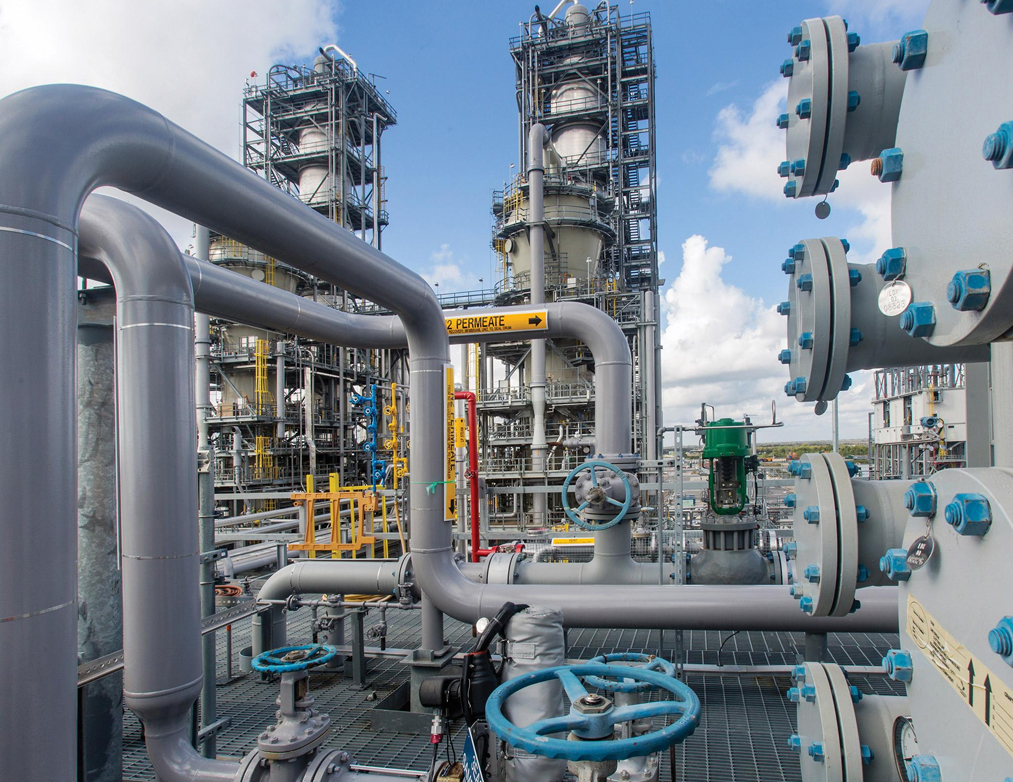English
- Afrikaans
- Albanian
- Amharic
- Arabic
- Armenian
- Azerbaijani
- Basque
- Belarusian
- Bengali
- Bosnian
- Bulgarian
- Catalan
- Cebuano
- Corsican
- Croatian
- Czech
- Danish
- Dutch
- English
- Esperanto
- Estonian
- Finnish
- French
- Frisian
- Galician
- Georgian
- German
- Greek
- Gujarati
- Haitian Creole
- hausa
- hawaiian
- Hebrew
- Hindi
- Miao
- Hungarian
- Icelandic
- igbo
- Indonesian
- irish
- Italian
- Japanese
- Javanese
- Kannada
- kazakh
- Khmer
- Rwandese
- Korean
- Kurdish
- Kyrgyz
- Lao
- Latin
- Latvian
- Lithuanian
- Luxembourgish
- Macedonian
- Malgashi
- Malay
- Malayalam
- Maltese
- Maori
- Marathi
- Mongolian
- Myanmar
- Nepali
- Norwegian
- Norwegian
- Occitan
- Pashto
- Persian
- Polish
- Portuguese
- Punjabi
- Romanian
- Russian
- Samoan
- Scottish Gaelic
- Serbian
- Sesotho
- Shona
- Sindhi
- Sinhala
- Slovak
- Slovenian
- Somali
- Spanish
- Sundanese
- Swahili
- Swedish
- Tagalog
- Tajik
- Tamil
- Tatar
- Telugu
- Thai
- Turkish
- Turkmen
- Ukrainian
- Urdu
- Uighur
- Uzbek
- Vietnamese
- Welsh
- Bantu
- Yiddish
- Yoruba
- Zulu
Telephone: +86 13120555503
Email: frank@cypump.com
Nov . 15, 2024 11:40 Back to list
trash slurry pump
Understanding Trash Slurry Pumps Essential Tools for Efficient Waste Management
Trash slurry pumps are crucial components in various industrial applications, particularly in waste management and environmental cleanup. These specialized pumps are designed to handle abrasive, viscous, and thick materials such as slurries, sludge, and other forms of waste that contain solid particles. The effectiveness of trash slurry pumps in moving difficult materials makes them indispensable in numerous sectors, including mining, construction, and municipal waste management.
One of the primary reasons for using trash slurry pumps is their ability to manage larger solid particles that traditional pumps cannot handle. These pumps typically feature wider impeller designs and robust casings that allow them to transport mixtures with higher concentrations of solids. This capability is essential in scenarios where the waste includes debris, gravel, or other large particulates, making trash slurry pumps cost-effective solutions for handling challenging materials.
In addition to their physical design, trash slurry pumps are often built with durable materials that can withstand the harsh environments associated with waste management
. Common materials used in the construction of these pumps include high-chrome alloys and rubber-lined casings, which help to prevent wear and tear during operation. This durability not only extends the lifespan of the pump but also reduces maintenance costs, making them a more economical choice for businesses.trash slurry pump

Another significant advantage of trash slurry pumps is their versatility. They can be used in various applications, from dewatering construction sites to transporting waste from treatment facilities. In the mining industry, these pumps play a pivotal role in moving slurry from extraction sites to processing plants, while in municipal waste management, they help in the efficient transport of sewage and stormwater.
When selecting a trash slurry pump, it is essential to consider several factors, including the type of materials to be handled, the pump’s capacity, and the specific operational conditions. One key specification to examine is the pump's discharge size, as this will determine the maximum solids size it can handle. Additionally, operational efficiency can be influenced by the pump's power source, whether it be electric, diesel, or hydraulic.
In conclusion, trash slurry pumps are essential tools for managing waste efficiently in various industries. Their rugged design, adaptability, and ability to handle solid-laden mixtures make them invaluable for organizations striving to improve their waste management processes. As industries increasingly focus on sustainability and minimizing environmental impact, the role of trash slurry pumps in effective waste management continues to grow, demonstrating their importance in modern industrial practices.
-
ISG Series Vertical Pipeline Pump - Chi Yuan Pumps Co., LTD.
NewsJul.30,2025
-
ISG Series Vertical Pipeline Pump - Chi Yuan Pumps Co., LTD.|energy-efficient fluid handling&industrial durability
NewsJul.30,2025
-
ISG Series Vertical Pipeline Pump - Chi Yuan Pumps | Advanced Engineering&Industrial Efficiency
NewsJul.30,2025
-
ISG Series Pipeline Pump - Chi Yuan Pumps | High Efficiency, Energy Saving
NewsJul.30,2025
-
ISG Series Vertical Pipeline Pump-Chi Yuan Pumps|High Efficiency&Reliable Performance
NewsJul.29,2025
-
ISG Series Vertical Pipeline Pump|High Efficiency&Low Noise
NewsJul.29,2025










